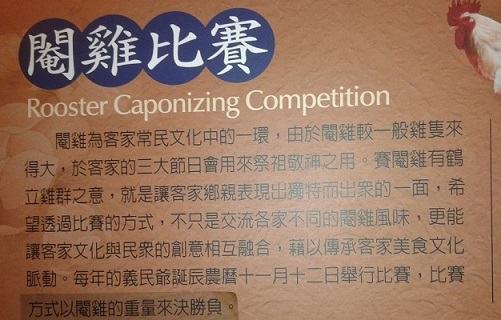Floating world
Nicola Esposito sent in the following observations and questions:
What is the etymology of ukiyo 浮世, the "floating world" known in the West mostly thanks to its depictions by artists such as Hiroshige, Hokusai and others?
While perusing the website of New York's Metropolitan Museum of Art, I discovered that the origins of ukiyo lie in a homophone of 浮世 denoting the "transient world" of Buddhist tradition. The page does not offer any other detail, but from what I gather that homophone should be ukiyo 憂世, whose literal meaning should be closer to something like "unhappy world". Unfortunately my knowledge of Japanese is too shallow to be able to to tackle Japanese sources, and I was wondering if you could offer insight on this etymology and in particular how this substitution happened, if it indeed happened. Was it some kind of pun?
Read the rest of this entry »



